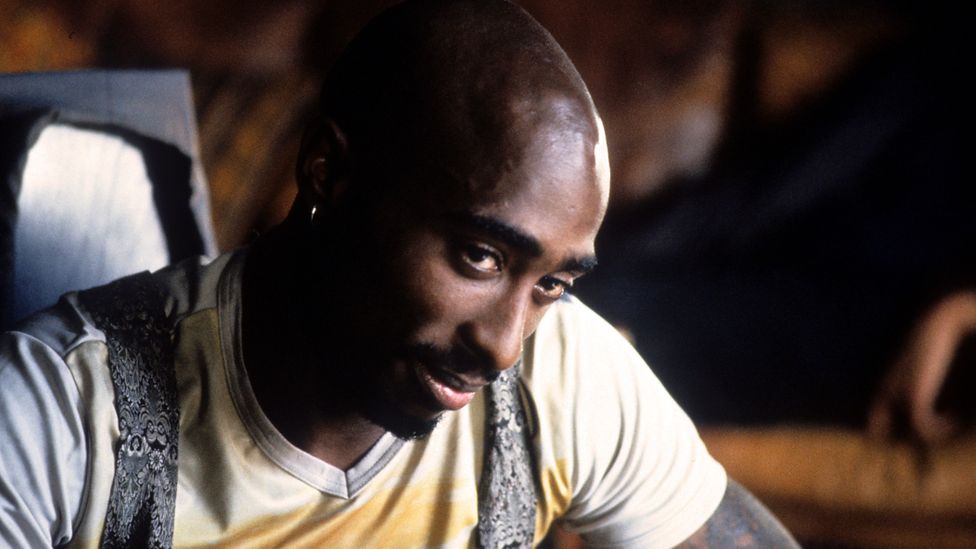

Afeni had never been to law school, but she represented herself and the rest of the Panthers in court. Afeni Shakur was one of the so-called Panther 21, a group of Black Panther Party members indicted for planning the bombings of two New York police stations and one Board Of Education office. Just before the birth of Tupac Amaru Shakur, Tupac’s mother Afeni Shakur got herself and 20 of her comrades out of jail. It’s only right that he landed a #1 hit of his own, even if his #1 hit is a relatively minor entry in the man’s own canon. In 1996, Tupac Shakur was the main character in the story of rap music in America. In the years since, many more unflinching rap tracks have reached #1, and that would’ve happened with or without “How Do U Want It.” But it took a flamboyant, larger-than-life figure to get there first. It’s the first truly explicit rap song to reach #1, the first example of a reality-rap superstar refusing to sand off his own rough edges and still reaching the chart’s apex. “How Do U Want It” is its own kind of Billboard chart milestone. There’s Pac himself, bringing unreal levels of charisma to his verse: “Out on bail, fresh outta jail, California dreamin’! Soon as I step on the stage, I’m hearin’ hoochies screamin’!” I love it all. There’s Hype Williams building a Mad Max Beyond Thunderdome wonderland for the video. There’s computer-funk wizard Roger Troutman slathering his voicebox bleat all over everything.

Dre production with the royal horn-fanfares and the stabbing pianos. So much about “California Love” is just perfect. Still, “California Love” is the song that I think of when I think of Pac, and it’s also the song I think of when I think of the state of California. I still hear “California Love” all the time now, but I hear “Hail Mary” and “Ambitionz Az A Ridah” just as much. Pac doesn’t really have a definitive song he simply put out too many iconic tracks in his short career. “California Love” might not be the best 2Pac song, and it may not be Pac’s definitive song, either. The one time that I got to write about Tupac Shakur in this column, I would not be writing about “California Love.” I’m mostly happy with that decision, but I knew that there would be one big consequence. As an immediate result, the Beatles reached #1 with “ Come Together” b/w “Something.” A long time ago, I decided that double-sided singles were going to make this column chaotic and unruly, and that I’d only write about the A-sides from those double-sided singles. In 1969, Billboard changed its rules, allowing double-sided singles to chart on the Hot 100. You make decisions, and you live with those decisions. In The Number Ones, I’m reviewing every single #1 single in the history of the Billboard Hot 100, starting with the chart’s beginning, in 1958, and working my way up into the present.


 0 kommentar(er)
0 kommentar(er)
